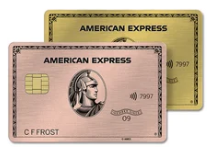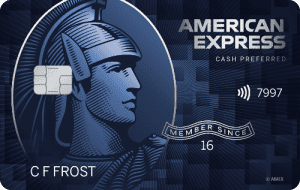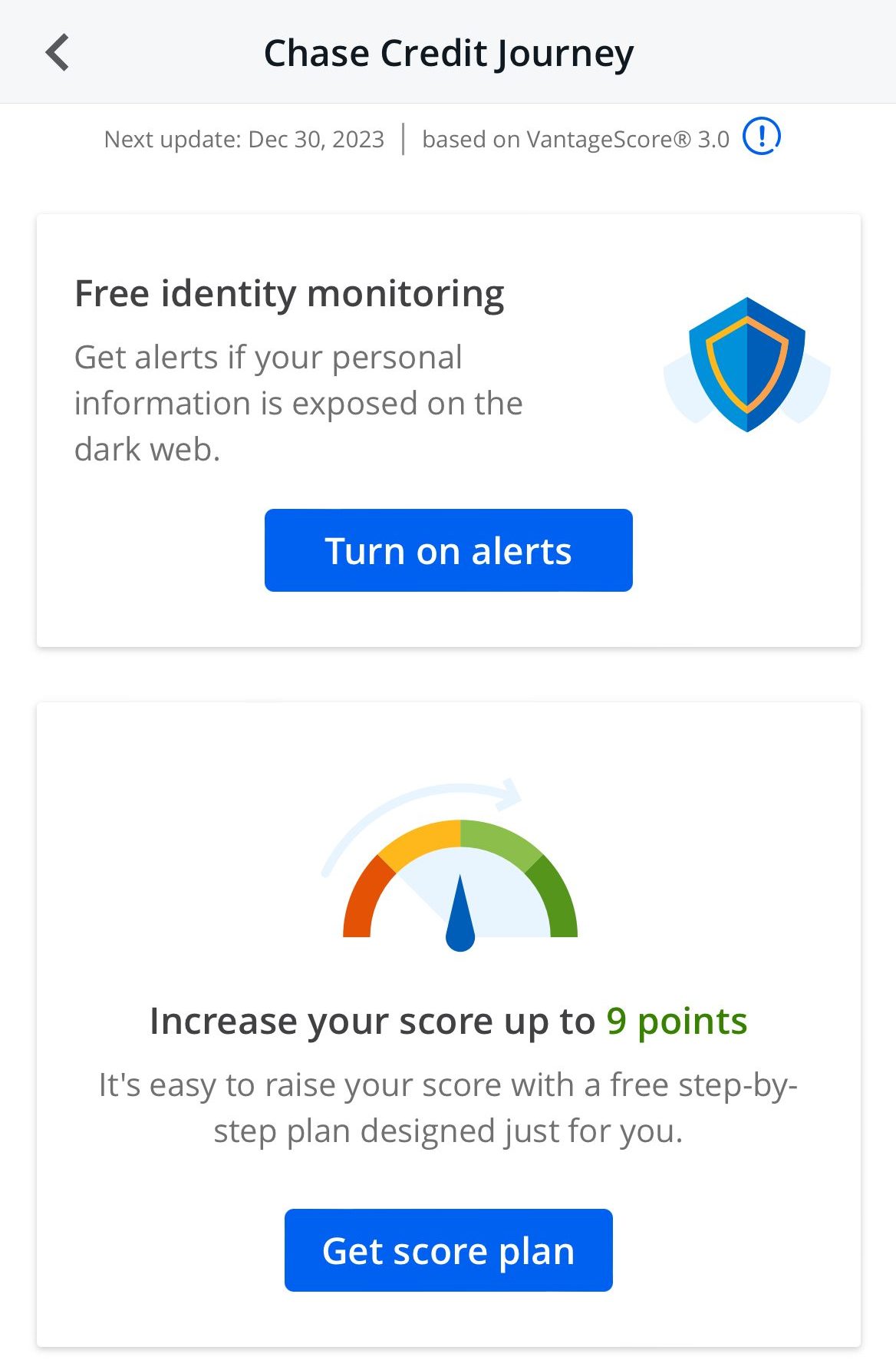Table of Content
People often mistakenly think that when you apply for a credit card, all that matters is your credit score. While you can use it as a yardstick to check your chances of getting one, keep in mind that card issuers also look at other factors aside from your score to evaluate your creditworthiness.
Basically, they will subject your entire credit profile to scrutiny and apply their own criteria to determine whether to grant you a credit card or not – all the while probably not giving your score too much weight. Many rejected applicants have been left confused because of a phenomenon that they call “Chase’s 5/24 Rule.”
Key Takeaways
- Every bank has its policies and criteria when it comes to reviewing credit card applications. Unlike what some customers might expect, they do not only focus on the credit score but also look at several different indicators.
- Chase 5/24 rule states that Chase bank will not approve your application if you have opened 5 or more revolving accounts during the last 24 months. Those accounts include credit cards, as well as lines of credit.
- The main reason why Chase bank has introduced the 5/24 rule is to avoid approving credit cards for those people who are simply looking to benefit from bonuses and will not bring sufficient turnover for the bank.
- There are two ways to get around Chase 5/24 rule. The most obvious method is to simply limit the total number of new credit cards to 4. Another way to deal with this issue is to apply for those cards which are exempted from the 5/24 rule.
What Exactly is Chase 5/24 Rule?
As we’ve mentioned, each major card company implements their own unique set of rules in as far as approving new applications for their cards and they are most often diverse from one company to another.
Chase is among the stricter banks and has adopted one of the most restrictive policies when it comes to new cards. Because of this, many experts in the credit card field have coined the rule as the “5/24 Rule.”
We can explain this rule in a simple statement as:
Chase will not approve your application for any Chase card if you have opened 5 or more revolving accounts (including credit cards, lines of credits, etc.) in the past 24 months.
Simply put, they are trying to avoid giving out cards to people who want to get in just for the sign-up bonuses and may not exactly bring in the volumes that the bank desires.

Here's the catch: if you try to get around the 5/24 rule by opening non-Chase cards, it won’t work at all. Chase will include in the count all your personal credit cards from any bank so this means that all your open accounts will come into consideration.
The good news is, some credit cards do not fall under the rule and do not count in the reckoning. We will cover those accounts later.
Actually, this isn’t a new rule but Chase has been implementing the 5/24 Rule for at least three years now. When the bank first introduced the rule, they applied it only to a few Chase credit cards namely, the Sapphire Preferred, Freedom and Freedom Unlimited Cards.
After a few months, they expanded the rule to cover almost all of Chase’s credit cards including some co-branded and business cards such as the Sapphire Reserve credit card.
Top Offers



Top Offers



Top Offers From Our Partners
How The 5/24 Rule Works?
This rule is somewhat of an informal policy that is unpopular among credit card ‘shoppers’ and rewards collectors.
This is because it limits the number of new credit accounts an applicant can have on their credit report while still being eligible for a Chase credit card. For example, if an applicant has opened five or more new bank cards (credit or charge cards) in the past 24 months, Chase is likely to reject their application, even if they meet the other requirements.
This Rule does not account only for new Chase accounts an applicant has taken. As long as a new charge or credit card account shows up on your credit report, it will count toward the five-card total.
As an illustration, Imaginary Cheryl opened five new credit cards in the last 15 months – one from Bank of America, one from Wells Fargo, one from Amex, one from Citi card, and one from Barclays. You can see that there is no Chase card in her name, but Chase will most likely turn down Cheryl’s application if she applies for a new Chase credit card, regardless of her income or credit score.

Chase Approval Process
In reality, there’s no limit to how many Chase cards a person can have. As with most card issuers, the limiting factor would be the aggregate exposure or the total amount of credit the company is willing to extend to an applicant. So, if you are applying for a new card but have already maximized the amount of credit that Chase is willing to grant you, they may ask you to switch you credit lines around.
Now, when it comes to the number of cards that an applicant can apply for during a certain period, it appears that there’s actually no consistently applied limit. Some say that you can’t apply for more than 2 cards within a 30-day period. Others report that you can get one personal and one business credit card in a span of 90-days.
Chase 5/24 Rule Exceptions
Here is an unofficial list of Chase credit cards in which they don’t apply the 5/24 Rule, for as long as you meet the other requirements:
- Aer Lingus Visa Signature Credit Card
- Amazon Prime Rewards Visa Signature Card
- British Airways Visa Signature Card
- Chase’s AARP Credit Card
- Disney Premier Visa Card
- Disney Visa Card
- The World of Hyatt card
- Iberia Visa Signature Credit Card
- IHG Rewards Club Premier Credit Card
- IHG Rewards Club Traveler Credit Card
- Marriott Rewards Premier Business Credit Card
- The Ritz-Carlton Rewards Credit Card

What About Small Business Credit Cards
There are some business credit cards that will not count towards the 5/24 limit. Some examples are the ones from American Express and Citibank.
However, if you get cards from Capital One and Discover, they will count under the 5/24 Rule when they appear on your personal credit report.
And take note that inquiries from your small business credit card applications will still show up in the report and affect your credit score.
There is a possibility that Chase can disapprove your application for too many new inquiries so even if some business cards won’t report to your personal credit report, it is a good idea to space out your credit card applications.
A good rule to follow is to give yourself 90 days between applications but it won’t hurt to put in an even longer gap.
What's The Preferred Strategy For The 5/24 Rule ?
If you're a credit card churner and want to include Chase in your lineup for rewards or other reasons, you'll need to be more careful about tracking your applications. Plan your applications carefully, making sure you apply for no more than 5 credit cards within a 24-month period. That means averaging about 2-3 consumer card applications per year.
The downside is that you can’t earn as many sign-up bonuses as compared to 10 credit cards that you may get each year. Of course, it also means you won’t be able to enroll in as many rewards programs as you want. However, if you have fewer cards, you can maximize the rewards you earn by limiting your card use around the few cards that you have.
You may include business credit cards in your rewards strategy – it’s perfectly fine since many of them don’t report on your personal credit. This allows you to maximize the sign-up bonuses without necessarily affecting the 5/24 Rule restriction.
And here’s another important information.
Chase isn’t the only card issuer that places an extra restriction on a credit card application.
American Express, for example, will only allow an applicant to earn one credit card bonus during their lifetime. It may appear that the 5/14 rule will remain in effect for quite some time but remember that any credit card issuer can change their policies any time without asking the public’s permission.
